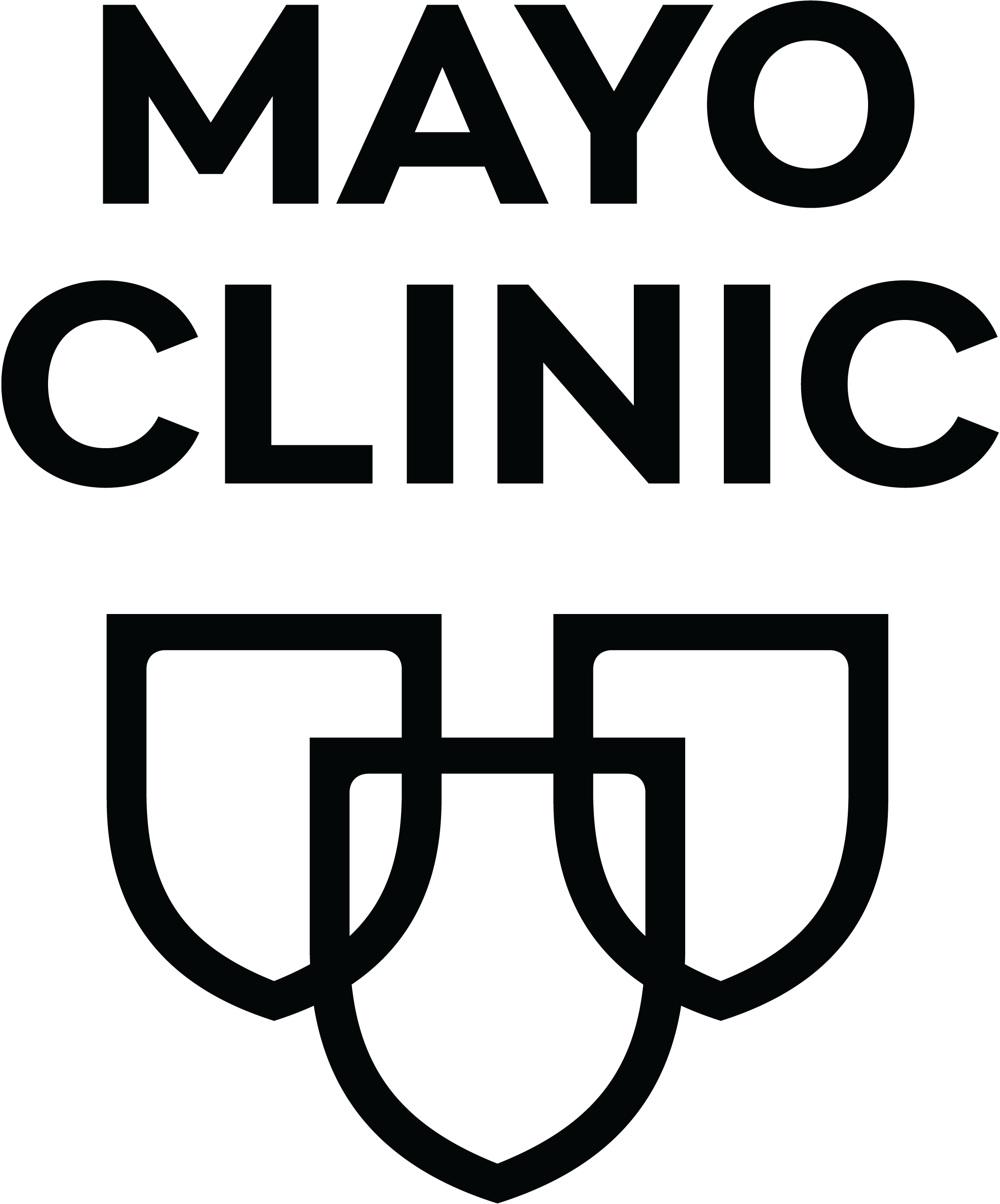Diabetes medication: Finding the right option for you
12/14/2017 by Dr. Rozalina McCoy

If you are one of nearly 30 million Americans with diabetes, you're probably taking at least one medication to control your blood sugar. With multiple glucose-lowering medications approved for treating type 1 or type 2 diabetes, choosing the one that is right for you can be a daunting task. Your choice will depend on many things, including:
- Type of diabetes you have
- How much your blood sugar needs to be lowered
- Other health conditions
- Your risk for hypoglycemia (low blood sugar)
- Cost and/or insurance coverage
Options for type 1 diabetes
If you have type 1 diabetes, you need insulin. But there are different kinds of insulin, as well as different ways for it to be delivered.
Most patients with type 1 diabetes are treated with analog insulins - long-acting basal insulin and rapid-acting meal-time insulin. However these insulins are expensive, and type 1 diabetes can be managed safely with human insulins (NPH and regular), which are much less expensive. Insulin is generally injected under the skin using insulin pens or syringes/vials.
Another option is an insulin pump, which delivers a continuous flow of insulin (usually a rapid-acting analog) through a needle placed under the skin. Insulin-pump therapy isn't for everyone, but it can help improve blood-sugar control and reduce the risk of hypoglycemia, compared with multiple-dose insulin injections. Some insulin pumps can communicate with a continuous glucose monitor and pause insulin delivery during episodes of hypoglycemia and even adjust basal insulin rates automatically.
Options for type 2 diabetes
While some patients with type 2 diabetes can control their disease with lifestyle modifications alone, such as eating a healthy diet and exercising, most people eventually require medications.
The medication usually started first is metformin, which works by improving the body's sensitivity to insulin. Metformin is effective, safe, inexpensive, doesn't cause hypoglycemia and can help patients lose weight. It also can be used to manage prediabetes and polycystic ovarian syndrome.
When metformin alone isn't enough or not well tolerated, other medications need to be started. Review this list of the most commonly used medications, along with some of their benefits and concerns
Options for gestational diabetes
If you had type 1 or type 2 diabetes before pregnancy, most likely you will need to use insulin during pregnancy. However, some women who didn't have diabetes before they became pregnant develop gestational diabetes during pregnancy. Many women are able to control their blood sugar with diet and exercise alone. If that isn't enough, medications need to be started. Insulin remains the first-line treatment for gestational diabetes in the U.S., but metformin and glyburide are also safe, effective and frequently used.
How to choose the right medication?
While metformin is generally the first option, the choice of medications once metformin is no longer enough or not well tolerated, depends on your goals and preferences. It's important to talk with your health care provider about your options. Here are some things to consider:
- Sulfonylureas. Older patients, those with cardiovascular disease or at risk for hypoglycemia should use with caution.
- SGLT2 inhibitors. Patients with heart failure and cardiovascular disease may benefit from this option.
- DPP-4 inhibitors and GLP-1 receptor agonists. An option for patients with kidney disease and at risk for hypoglycemia.
Cost is another important consideration. Brand-name oral and injectable medications are expensive and may not be covered by your insurance. Some have coupons from the manufacturer to help lower copayments for patients with private health insurance; these coupons last for one year and can be renewed.
The most important thing to keep in mind is that you have many options to treat your diabetes. Talk with your health care providers, including your pharmacist, to learn which ones may be best for you.
Dr. Rozalina McCoy is an endocrinologist and primary care physician in Employee and Community Health's (ECH) Division of Primary Care Internal Medicine (PCIM) in Rochester. She specializes in the management of type 1 and type 2 diabetes, osteoporosis and thyroid disorders. Dr. McCoy also is a health services researcher who is passionate about improving the care of patients with diabetes, reducing their burden of treatment and hypoglycemia, and working with community-based organizations to help everyone access evidence-based health-promotion programs.
